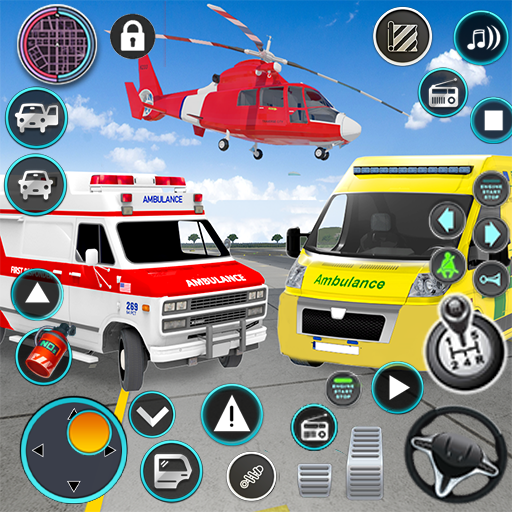The relentless march of technology sees us upgrading our gadgets every few years – iPhones, processors, graphics cards – with older hardware often resold or discarded. Yet, many seemingly obsolete devices remain surprisingly functional and even essential. Here are eight examples showcasing the enduring relevance of vintage tech:
Table of Contents
- Retro Computers Mining Bitcoin
- A Reliable Mechanic's Assistant Since the '80s
- Vintage Tech as a Bakery POS System
- Outdated Systems Managing Nuclear Arsenals
- Windows XP Powers Multi-Billion Dollar Aircraft Carrier
- Critical Airport Infrastructure Fails Due to Legacy Software
- Classic Hardware Used for Cutting-Edge Research
- Nostalgia Keeps Old Systems Alive
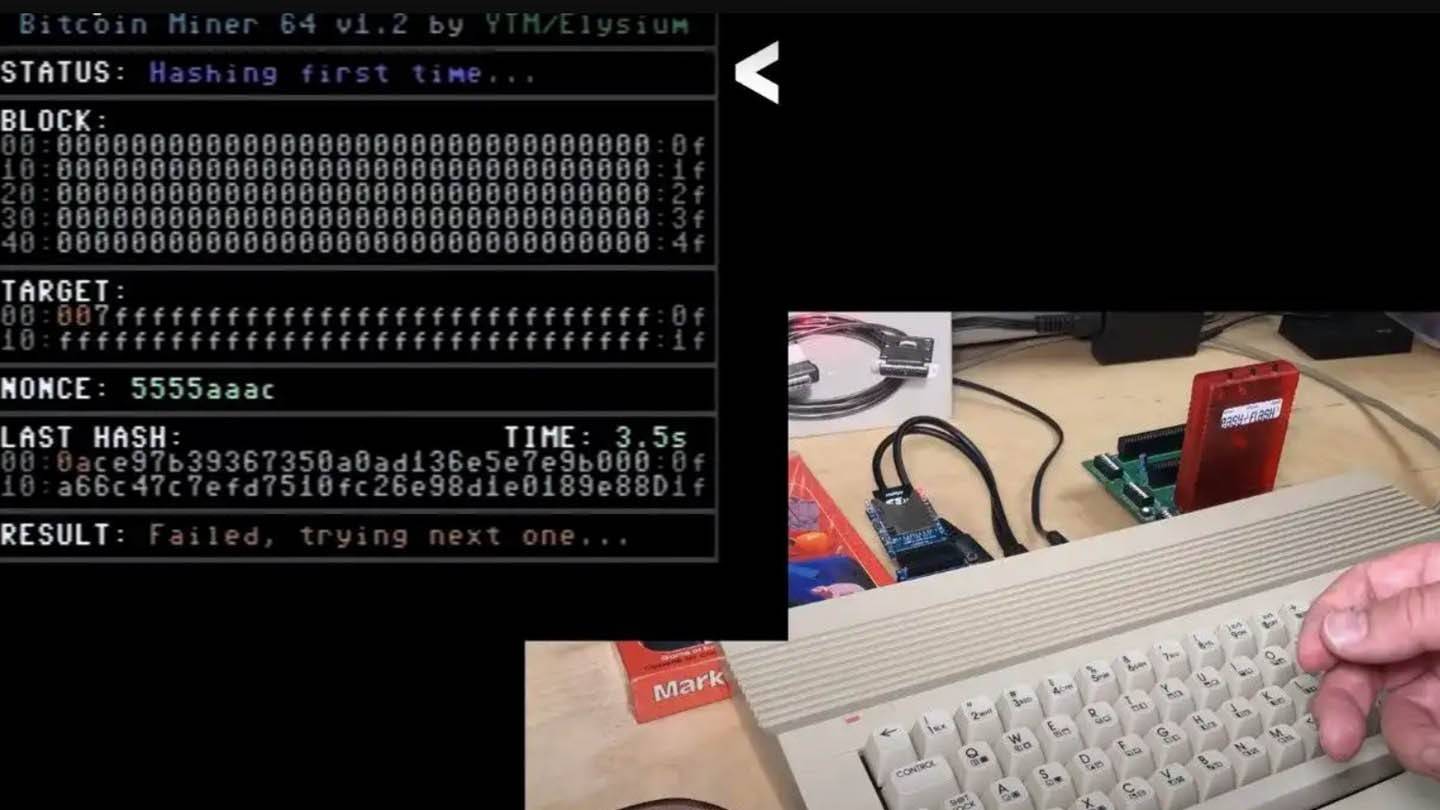 Image: x.com
Image: x.com
Retro Computers Mining Bitcoin: A Commodore 64 (1982) was shown to mine Bitcoin, albeit at a glacial 0.3 hashes per second. Similarly, a Game Boy (1989), connected via a Raspberry Pi, achieved 0.8 hashes per second – both drastically slower than modern hardware. The time required to mine a single Bitcoin on these devices would far exceed the age of the universe.
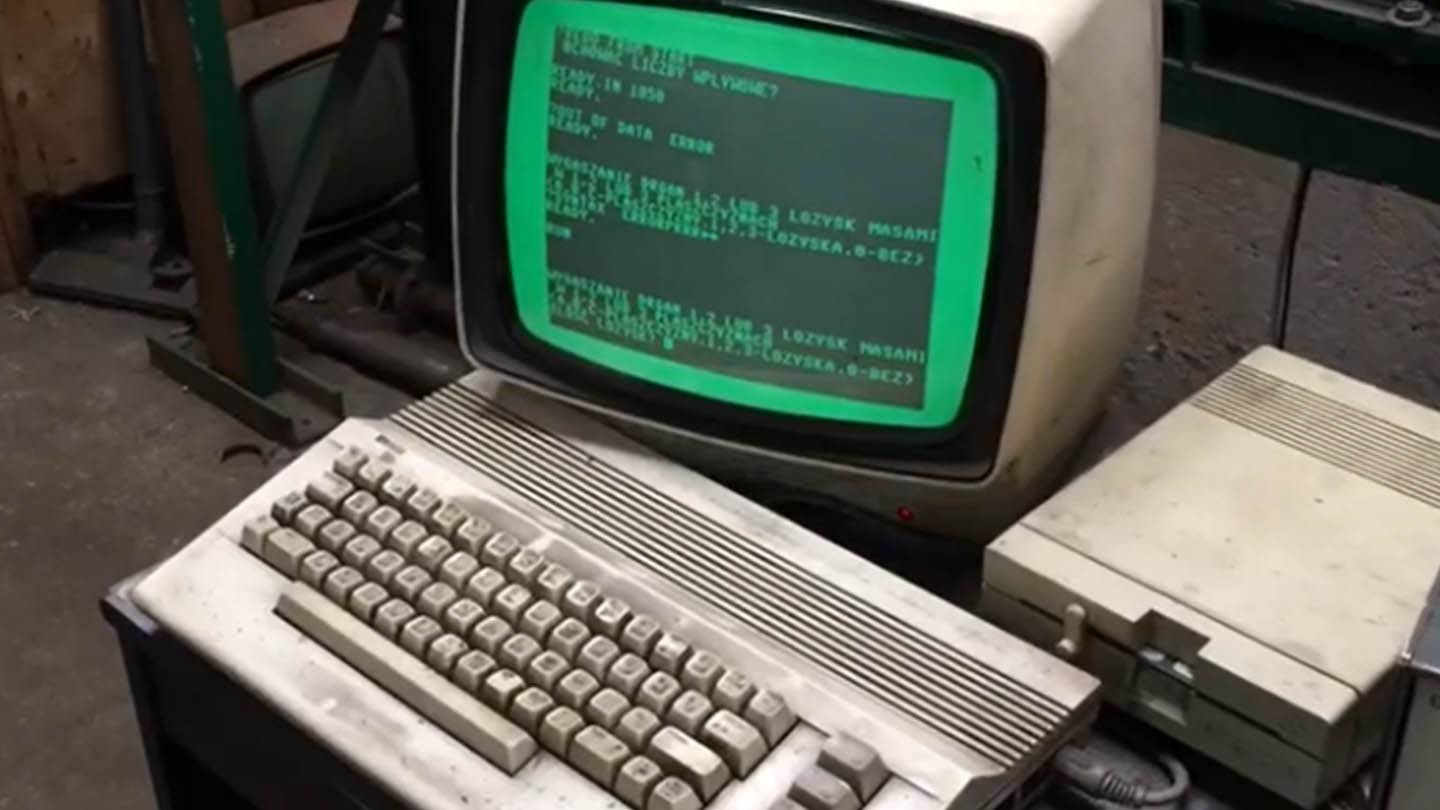 Image: x.com
Image: x.com
A Reliable Mechanic's Assistant Since the '80s: A Commodore 64C in Gdansk, Poland, has aided mechanics for over 30 years, consistently performing drive shaft calculations despite a flood. Its simple, reliable software outperforms the need for modern replacements.
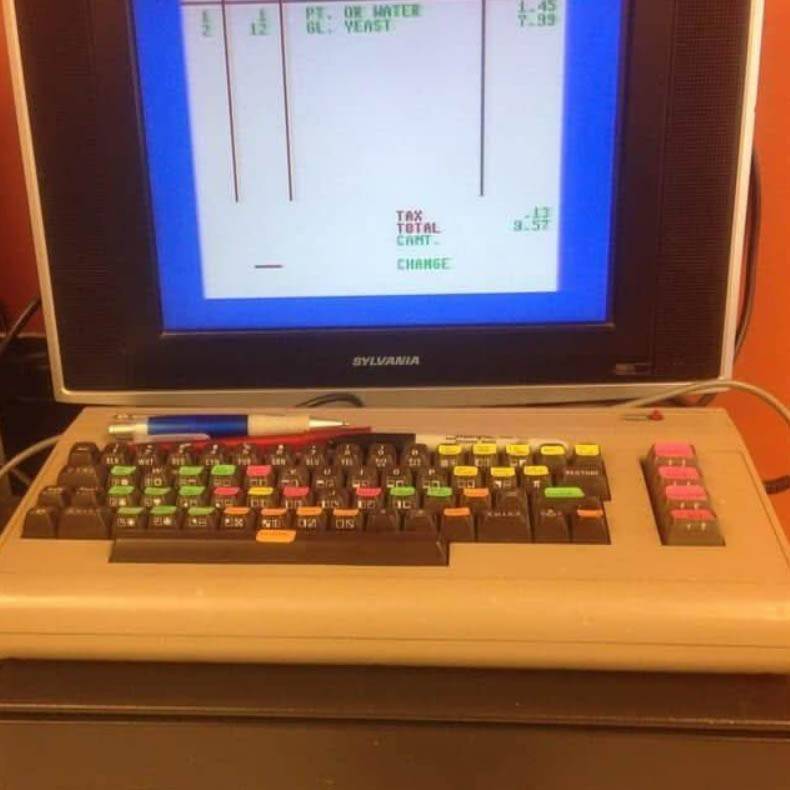 Image: x.com
Image: x.com
Vintage Tech as a Bakery POS System: An Indiana bakery has used a Commodore 64 as a POS system since the 1980s. Its unwavering reliability, requiring only occasional keyboard label updates, surpasses the complexities and potential software issues of modern systems.
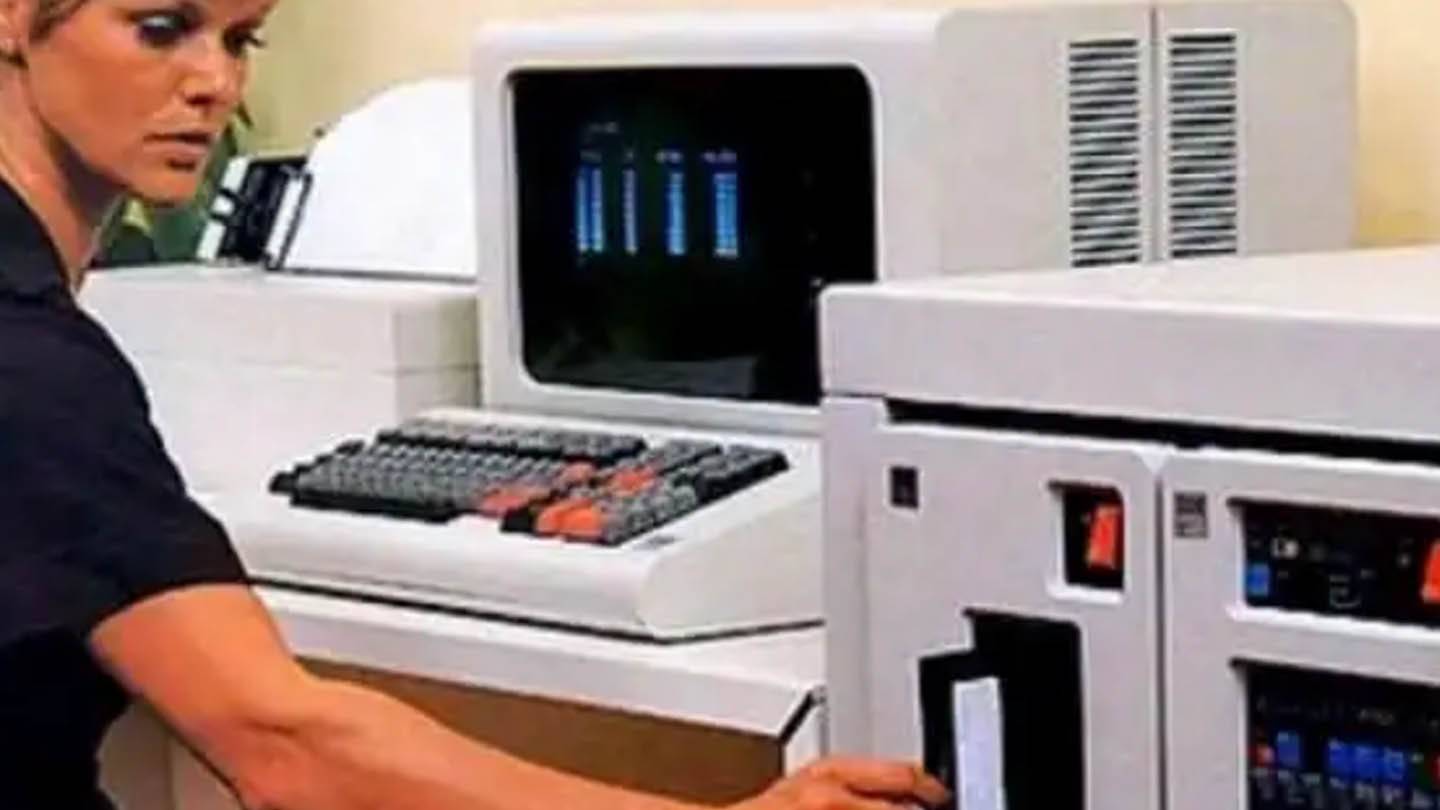 Image: x.com
Image: x.com
Outdated Systems Managing Nuclear Arsenals: The US manages its nuclear arsenal using a 1976 IBM computer with 8-inch floppy disks. While modernization is planned, the existing system's reliability prevails. Similarly, German Brandenburg-class frigates utilize 8-inch floppy disks, with upgrades focusing on emulators rather than complete system replacement.
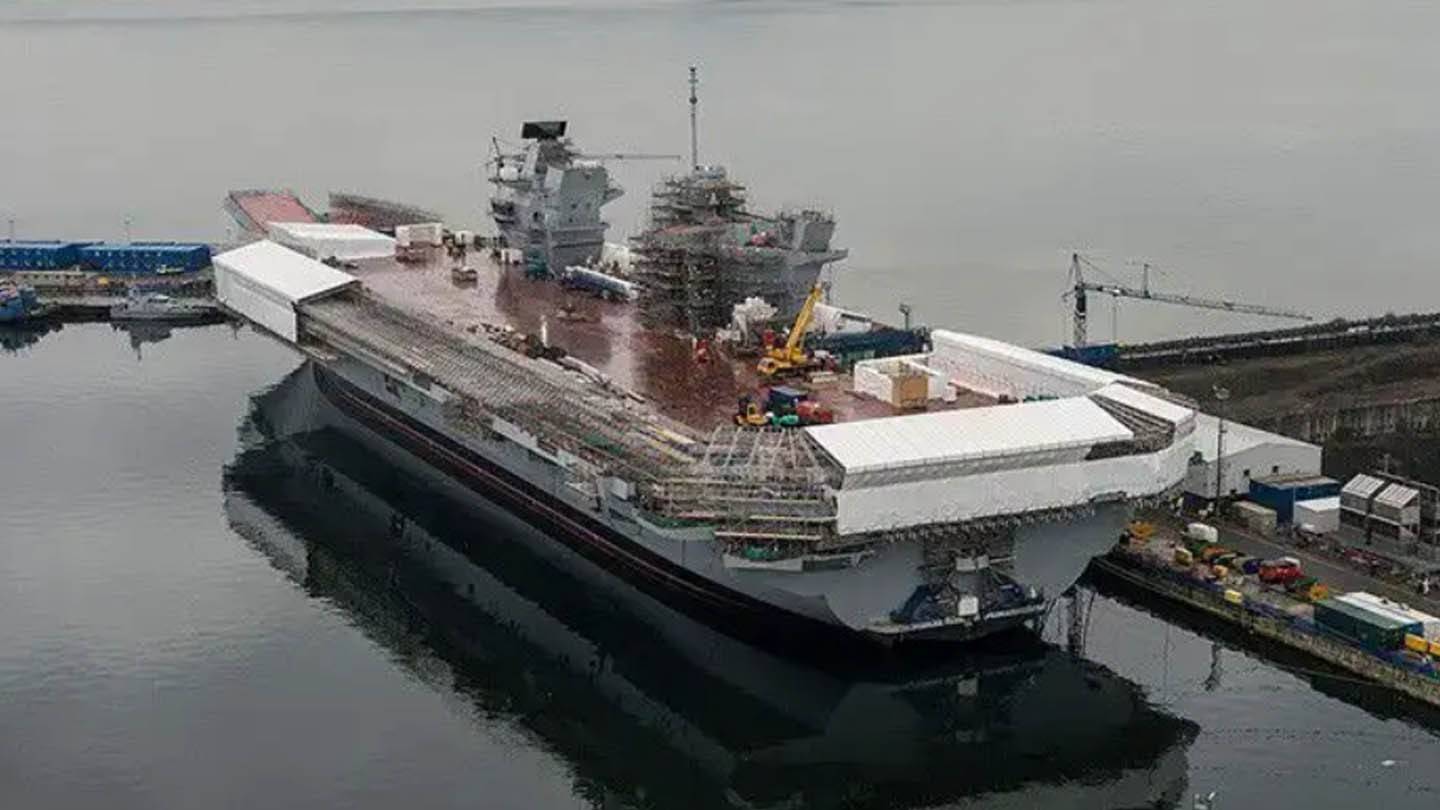 Image: x.com
Image: x.com
Windows XP Powers Multi-Billion Dollar Aircraft Carrier: The HMS Queen Elizabeth, a multi-billion dollar aircraft carrier, operates on Windows XP (support ended 2014). While the Royal Navy assures security protocols are in place, the reliance on outdated software raises concerns. The same applies to Britain's Vanguard-class submarines using Windows XP for missile management, with updates not scheduled until 2028.
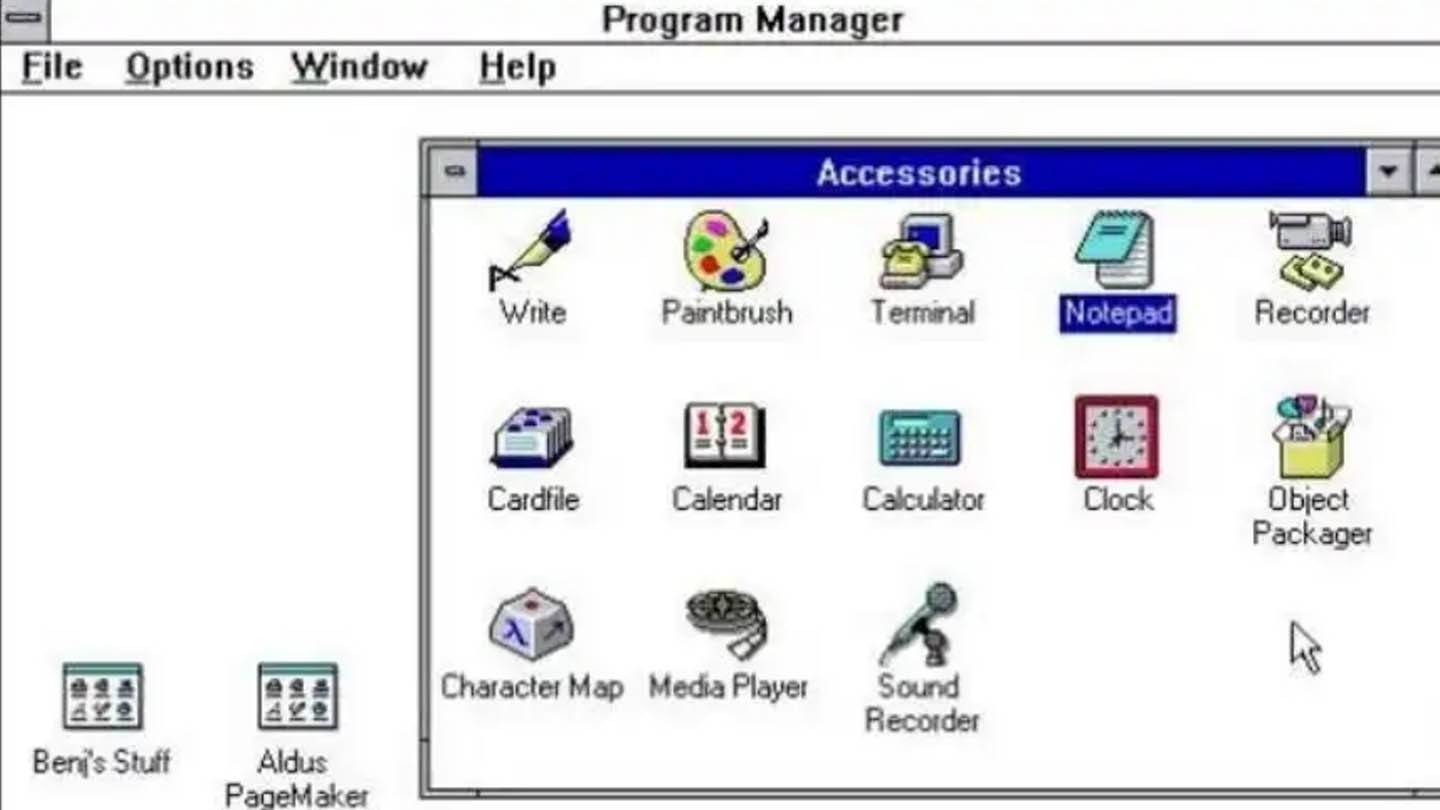 Image: x.com
Image: x.com
Critical Airport Infrastructure Fails Due to Legacy Software: In 2015, Paris Orly Airport experienced a system failure due to a crash in a Windows 3.1 (1992) based DECOR system, highlighting the risks of relying on outdated software for critical infrastructure.
Classic Hardware Used for Cutting-Edge Research: Retro computers are frequently used in educational settings and research for their simplicity in teaching programming fundamentals and simulating basic scientific experiments.
Nostalgia Keeps Old Systems Alive: Many organizations maintain legacy systems due to familiarity, established workflows, or the cost of upgrading, demonstrating the persistent value of established tools.
These examples demonstrate the surprising resilience and continued utility of older technologies across various sectors. While modernization is inevitable, these systems highlight the enduring value of simplicity and reliability.




